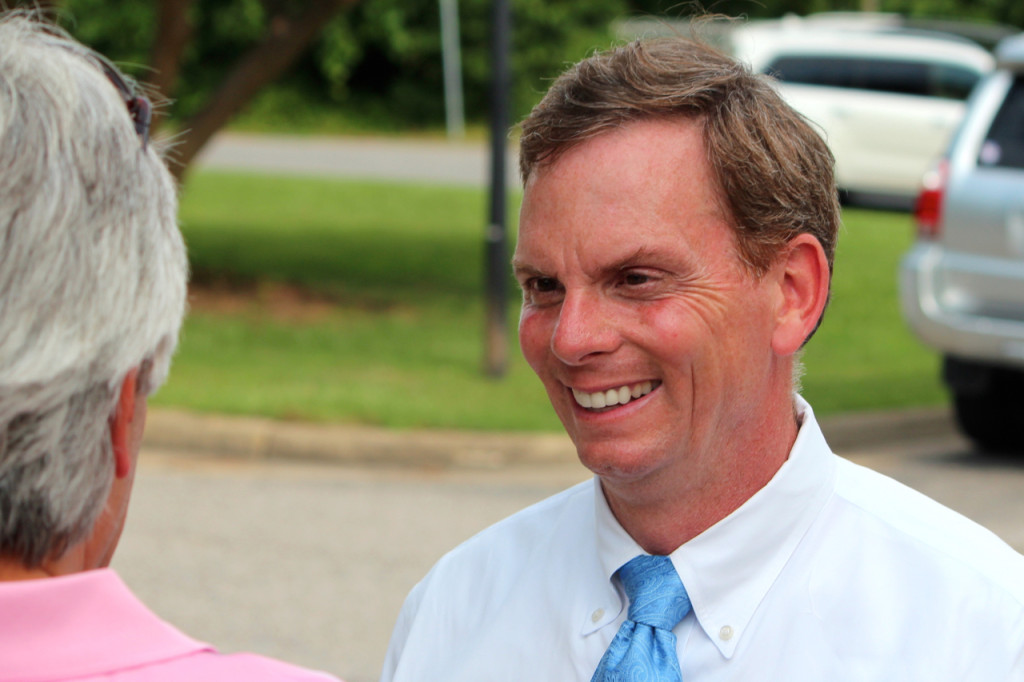
VIRGINIA BEACH – State Sen. Bill DeSteph, R-8th District, has introduced a bill to change language in Virginia law that can let some nonprofit groups shield the identities of financial backers and the extent of their spending to influence voters in ballot initiatives.
DeSteph said he filed the bill to remove language from state campaign finance law that — following an opinion by a state election official — exempted a 501(c)(4) nonprofit organization from campaign finance reporting during the light rail referendum this past year.
“I believe if you’re doing something to persuade a political issue, you should disclose who is donating money,” DeSteph said during a telephone interview on Wednesday, Jan. 4. He added that the bill also is meant to ensure such nonprofits disclose the sums of money they spend to influence voters.
The senator’s office provided a draft copy to The Independent News via email before this story was initially published in the Jan. 6 print edition, but the bill [SB1149] is now online via Virginia’s Legislative Information System and can be tracked there.
Last year, stories by The Independent News identified a conflict between the law and other guidance from state election officials that said 501(c)(4) groups should form a referendum committee and disclose donors.
Light Rail Now, Inc., during another light rail referendum in 2012, formed a referendum committee and named donors in campaign financial disclosure documents the public can inspect.
In 2016, the group sought and received an opinion from the state elections department – based upon the language DeSteph now seeks to change – that meant they were allowed to advocate in the referendum campaign without disclosing.
The group was acting in accordance with the opinion from the state when it chose not to disclose the names of donors or confirm the sum of its spending. An opponent in the referendum fight, No Light Rail Virginia Beach, operating as a political action committee, disclosed the names of donors and spending information through campaign financial reports.
The opinion provided in April to Light Rail Now cited a section of the law that exempted some nonprofits, including 501(c)(4) groups, from disclosing if they do “not advocate or endorse the defeat of a particular candidate, group of candidates, or the candidates of a particular political party.”
Nonprofit 501(c)(4) “social welfare” organizations can be a vehicle for political issue advocacy and some advertising efforts, according to media reports and organizations that track the influence of money on American politics. The practice has grown in the U.S., in part, because it can shield donors. The nonprofits can but do not have to disclose.
“Dark money” is the term that applies to politically active nonprofits that do not disclose donors or “super” political action committees that accept funds from politically-active nonprofits that don’t disclose, according to the Center for Responsive Politics, which tracks the effects of spending on government and elections.
DeSteph’s bill is dealing with a particular issue in state law. The bill specifically addresses the exemption in the section of the law involving 501(c)(4) organizations cited in the opinion.
DeSteph could not say how much Light Rail Now spent in its efforts to influence Virginia Beach voters in 2016.
“I have no clue,” he said.
Due to the present state law, which lets some groups withhold names and spending in referenda, neither did voters who ultimately opposed extending the Tide.
© 2017 Pungo Publishing Co., LLC

